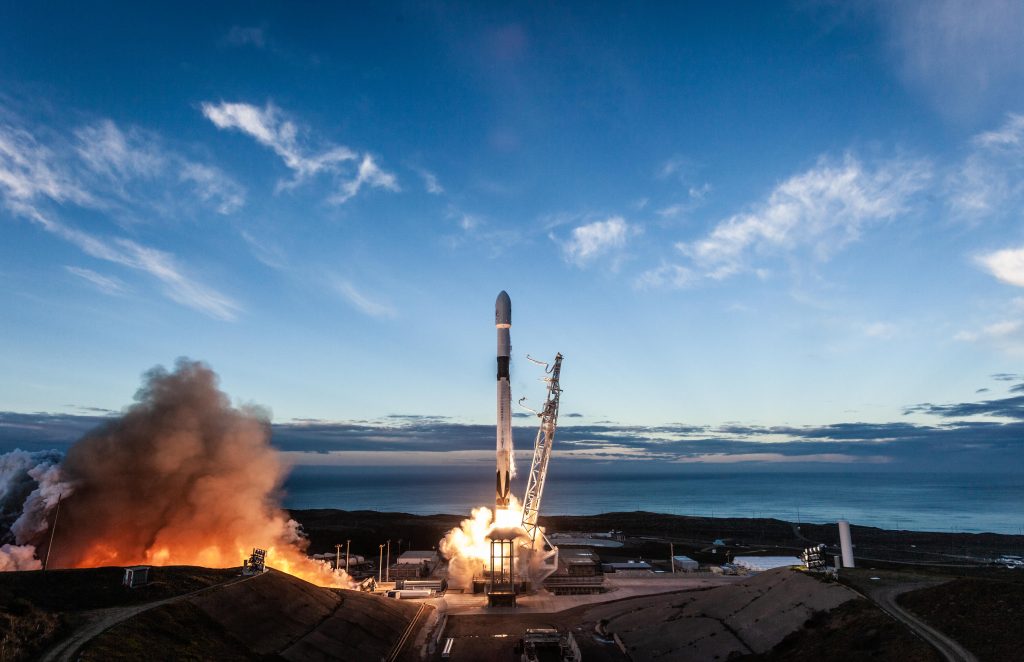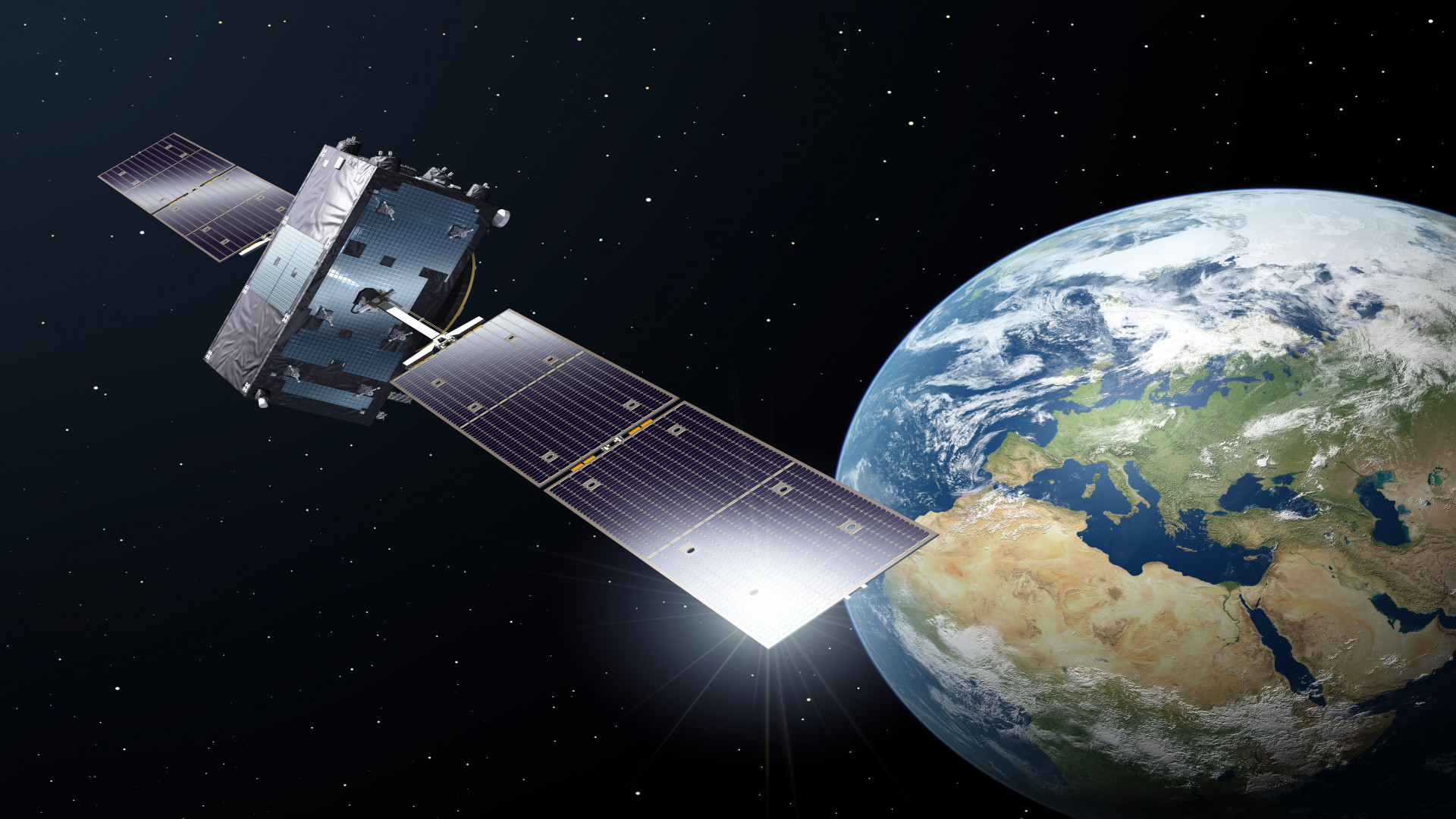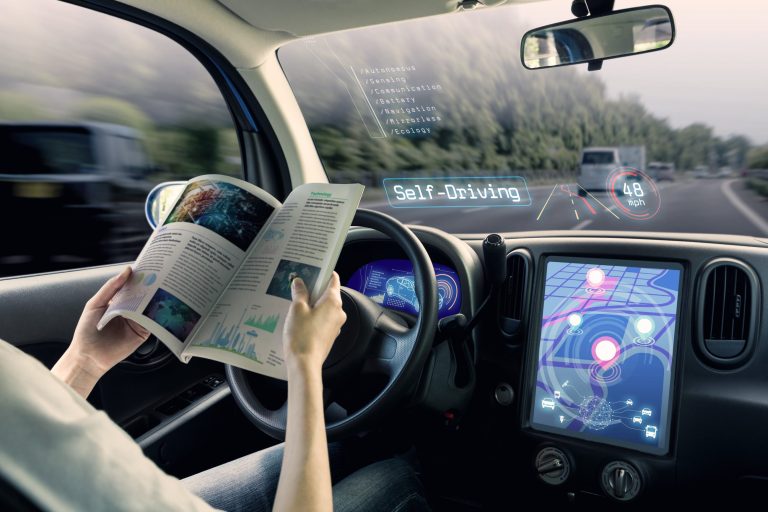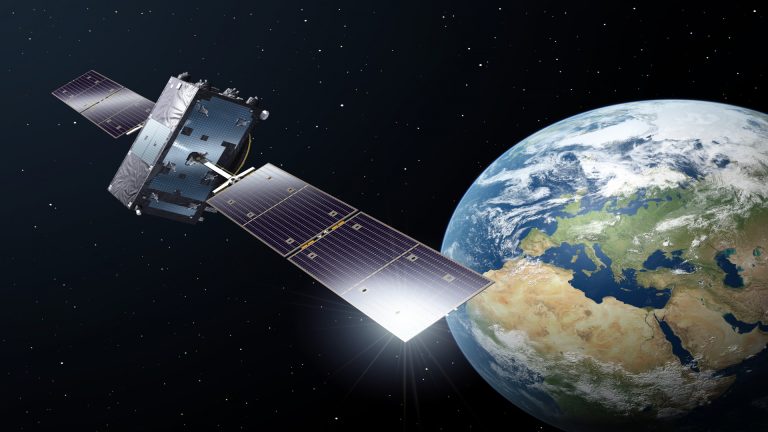Space, the final frontier, has always captivated human imagination. But beyond science fiction, a thriving economic landscape exists in the vast cosmos expanse. In this article, we will embark on a journey to explore ‘The Economics of Space Exploration’ in a language that’s simple and relatable to the general public. So, fasten your seatbelts and launch into the fascinating world of space economics.
Unveiling the Cosmic Market
What Drives Space Exploration?
Space exploration isn’t just about scientific curiosity; it’s a lucrative industry driven by various factors. The quest for knowledge, national pride, and, most importantly, the promise of economic benefits propel nations and private companies to invest billions in space missions.
The Space Race 2.0
Remember the space race of the mid-20th century? Well, it’s back, but this time, it’s not just between superpowers; it’s a global competition. Nations and private entities are racing to establish their presence in space. This competition is akin to the past exploration and colonization of new continents, with the moon and Mars being the new frontiers.
Beyond Earth’s Limits: Resources in Space
One of the main economic drivers of space exploration is the vast availability of resources beyond Earth. Asteroids, for instance, contain precious minerals like platinum, which are scarce on our planet. Mining these celestial bodies could revolutionize our resource-based industries.
Spinning Wealth from Space Junk
Believe it or not, there’s money in space junk. The ever-increasing debris in Earth’s orbit threatens satellites and spacecraft. Companies are now working on cleaning up space, and it’s a business opportunity worth billions.
The Business of Rockets and Satellites
Rockets: The Cosmic Taxis
Launching payloads into space requires cutting-edge technology, and companies like SpaceX, Blue Origin, and Boeing are cashing in on the rocket business. The commercial satellite launch industry will be worth over $7 billion in 2026.
The Satellite Revolution
Satellites have become an integral part of our daily lives. From GPS navigation to weather forecasts, we rely on them more than we realize. This industry is booming, with a wide range of applications in communication, Earth observation, and scientific research.
Space Tourism: An Expanding Horizon
Space tourism is no longer a dream. Companies like Virgin Galactic and SpaceX are working on making it a reality for the average person. As this industry grows, so do the economic opportunities, from hotels in space to lunar and Martian tourism.

Challenges in the Cosmic Economy
The Cost of Space Exploration
While the economic potential of space is immense, the costs are astronomical. Developing, launching, and maintaining spacecraft and space missions require significant investment. Balancing these costs with potential returns is a challenge.
Legal and Ethical Dilemmas
As space activities increase, so do the legal and ethical issues. Questions about property rights in space, environmental concerns, and the militarization of space need careful consideration and regulation.
Space Debris: A Growing Threat
The increasing amount of space debris not only endangers missions but also raises concerns about sustainability in space. Clearing up this mess is not just a technological challenge but also an economic one.
Conclusion: The Cosmic Frontier Awaits
In conclusion, the economics of space exploration is a dynamic and rapidly evolving field. Space offers many economic opportunities, from mining asteroids to launching tourists into orbit. However, it has challenges, including high costs and ethical dilemmas. As we venture further into the cosmos, we must navigate these challenges while reaping the benefits of this new economic frontier.
FAQs: Answering Your Cosmic Queries
- Is space exploration profitable?
Space exploration can be highly profitable, with the potential for resource mining, satellite services, and space tourism generating substantial revenue.
- Who are the key players in the space industry?
Key players include government space agencies like NASA, private companies like SpaceX and Blue Origin, and international collaborations.
- What are the risks of space exploration?
Space exploration carries risks such as high costs, technical challenges, and legal and ethical dilemmas related to property rights and environmental concerns.
- Can space debris affect us on Earth?
Yes, space debris can threaten satellites and spacecraft in orbit, affecting Earth’s communication, navigation, and weather forecasting.
- How can I get involved in space exploration?
While becoming an astronaut might be a dream for many, you can also get involved in the space industry through education, research, and working for space-related companies or agencies.
In this article, we’ve embarked on a journey through the fascinating world of space economics. From the drivers of space exploration to the challenges it faces, we’ve explored how the cosmos is becoming a bustling marketplace. As technology advances and humanity’s reach into space extends, the economic potential of the final frontier is limitless, promising a future beyond our wildest dreams.












+ There are no comments
Add yours